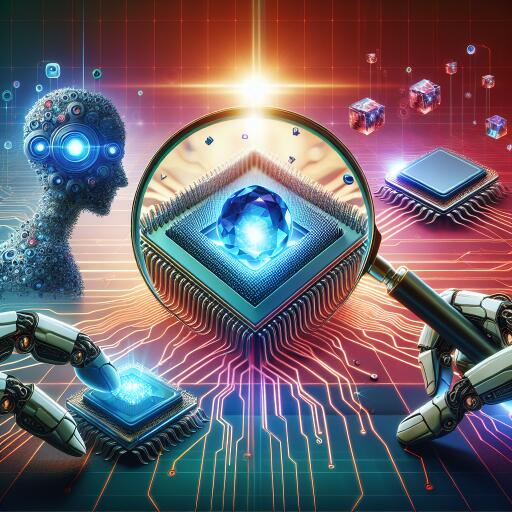Gradient’s Revolutionary AI Technology: Accelerator Blocks and RAG
In an exciting development on February 14, 2024, the innovative team at Gradient has unveiled a series of cutting-edge AI tools dubbed “accelerator blocks,” signifying a major leap forward in the development of full stack AI applications. This suite contains five specialized blocks: Personalization, Sentiment Analysis, Q&A, Document Summarization, and Entity Extraction, each designed to significantly reduce the complexity of AI application development.
Standing out among the innovations is Gradient’s support for Retrieval Augmented Generation (RAG) collections. This state-of-the-art technology promises to enhance the functionality of large language models by providing them with a deeper context. By assimilating external knowledge sources into language models, particularly for code generation tasks, RAG aims to mimic a well-equipped pantry that a chef (or in this case, a language model) can draw from to craft more refined outputs.
How does the RAG system operate? It begins by creating embeddings for external contexts, which are indexed in a vector database. Upon receiving a query, the system fetches the most relevant embeddings, which are then passed to the language model to help generate the code. Think of embeddings as a condensed numerical representation of context, making it digestible for the language model, while the vector database serves as an extensive repository of these embeddings.
The introduction of RAG into Gradient’s platform has witnessed significant improvements in the accuracy of code generation through the integration of external context. This technology, although demanding considerable computational resources and occasionally retrieving irrelevant context, offers potential benefits that outweigh its limitations, paving the way for its indispensability in AI development.
Gradient’s platform is further enhanced with customizable tools for document summarization, sentiment analysis, and entity extraction. These tools are not only user-friendly through an intuitive interface but also cater to individuals with different levels of technical expertise through a programmable interface. In an effort to democratize AI, Gradient has taken a bold step by offering developers free access to these advanced features, empowering them to elevate their projects with cutting-edge AI capabilities.
To sum it up, the introduction of accelerator blocks and the innovative use of RAG collections by Gradient marks a new dawn in AI development. By equipping developers with tools to integrate external context seamlessly into language models, Gradient is setting the stage for the creation of more sophisticated and accurate AI applications. This move not only advances the field of artificial intelligence but also brings us closer to realizing the full potential of AI in various domains.










